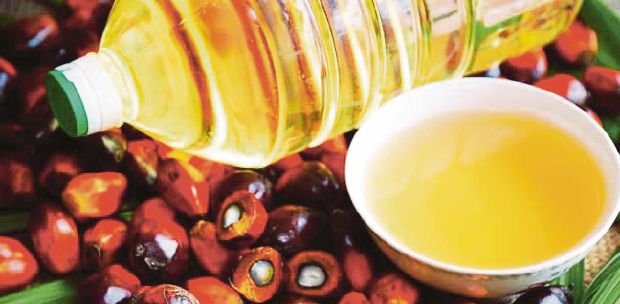KUALA LUMPUR: Egypt remains Malaysia's key trading partner as the government sets to expand its palm oil exports to South Africa and the Middle East.
Plantation and Commodities Minister Datuk Seri Johari Abdul Ghani said Egypt, home to roughly 105 million people, consumes about 1.2 million tonnes of palm oil annually.
He led a Malaysian delegation to Egypt and Turkiye for a working visit from May 27 to June 1.
In Cairo, he was received by Egypt's Supply and Internal Trade Minister Dr Ali El Moselhi.
"I am confident that Egypt's strategic geographical location would enhance our nations' economic prosperities.
"In our discussions, I emphasised to the Egyptian government regarding Malaysia's commitment to providing Egypt with a steady supply of high quality and sustainable palm oil certified by our locally-developed certification standard, MSPO.
"I look forward to further cooperating with His Excellency Dr Ali to ensure mutually beneficial trade relations," he said in a posting on X.
On Friday, Johari had opened the Malaysian Palm Oil Forum (MPOF) Egypt 2024 in Cairo, marking the second edition of the event aimed at enhancing the exports of Malaysian palm oil and its derivatives in the North African region.
In his keynote address, he emphasised the critical role of Malaysian palm oil in the global market and its contributions to sustainable agribusiness.
The forum, hosted by the Malaysian Palm Oil Council (MPOC) in Cairo, attracted industry leaders, stakeholders, and experts from Egypt, Malaysia, and beyond, with key representatives from major Malaysian palm oil suppliers in attendance.
With the theme "Malaysian Palm Oil — Paving the Way for Sustainable Agribusiness," the event underscores Malaysia's commitment to sustainable practices.
It also aligns with global environmental imperatives and highlights the strong bilateral relationship between Malaysia and Egypt.
Malaysia's palm oil industry contributes some 23 per cent of the global supply.
The industry supports over 450,000 small farmers and is integral to various non-food sectors, including oleochemicals and renewable energy.
Johari highlighted areas of future collaboration and growth in the North African region, which he said offers significant opportunities for creating higher-value products from palm derivatives in sectors such as pharmaceuticals, cosmetics, processed foods, personal care, and consumer brands.
Prior to that, he had met with Turkish producers in Istanbul, where he called for more collaboration between Turkiye and Malaysia.
He had said Malaysian palm oil producers are already in compliance with global standards on sustainability.
He said Malaysia had intensified its engagement sessions with other countries because of the global concern for sustainability.
Speaking to reporters after meeting the Turkish producers, he said Malaysia's approach to palm oil was four-pronged: protecting forests; sustainability; planning production areas; and, complying with international law.
Malaysia exports some 800,000 metric tones of palm oil and related products to Turkiye.
The country has signed various international agreements to reduce methane gas and carbon emission levels.
Johari also made comparisons with the United States and Europe, saying that Malaysia's forest coverage stood at 54 per cent, a high level compared to much of the rest of the world.
He also drew comparisons with other crops, saying that palm oil was the most productive and efficient edible oil.
Johari said whereas a hectare of soybean produced 0.5 metric tonnes of oil and sunflower 0.8 metric tonnes, oil palm produces 3.3 metric tonnes of oil.





